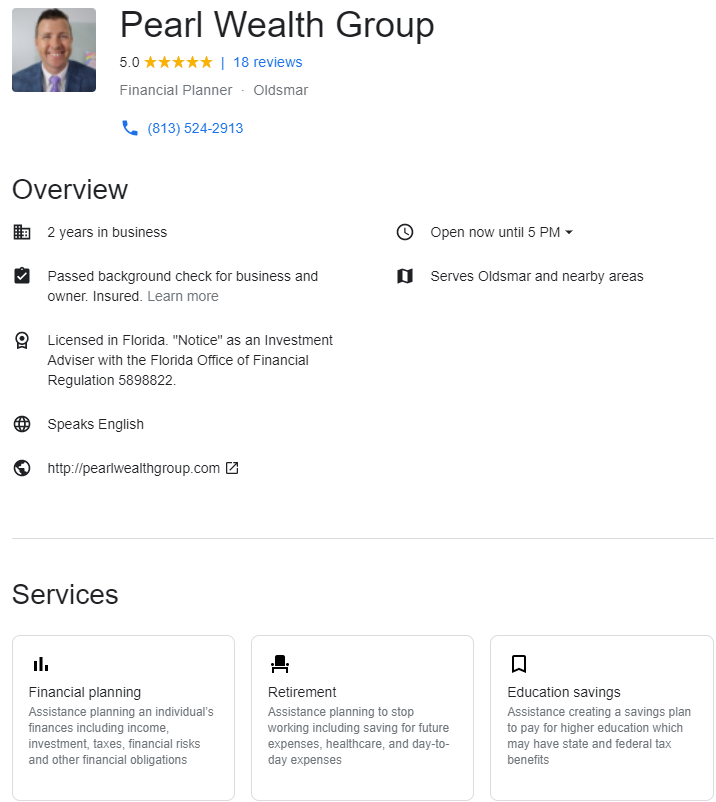
A principal software engineering is a leader within a group software engineers. They are responsible in ensuring the success for their team. They are responsible for the company's overall success, as well as the supervision of their teams. This position is less concerned with coding, but more about solving problems and creating business ideas. These are key differences between the principal software engineer (or staff software engineer) and the staff software engineer. These differences make it possible for a principal engineer to be more successful than a staff engineer.
Qualifications
A principal software engineering is a person who manages a team or performs direct duties. A person in this role must possess management skills, as they are responsible for some of the most difficult tasks. Principal software engineers tend to stay with the same company and know the company's working flow.
A principal software engineer is required to have a strong track record in software engineering and a clear sense of priorities. They must be able and willing to compromise quality and creativity. They should be able work in multiple tasks and have strong analytical abilities.

Salary
A variety of factors affect the salary of a Principal software engineer, including education and experience. Below is a breakdown on the average salary for this role, according to the person's education level and their experience. You should consider getting more experience if you are looking to raise your salary.
The US Bureau of Labor has reported a shortfall in senior software developers. Companies have had to offer high-paying salaries in order to retain and attract top developers. This has led to the fact that salaries for top Principal Software Engineers are much higher than those of similar skills and experience.
Environment for work
Software engineers in the principal role work together with other engineering teams across multiple locations to build and architect complex systems. This person is responsible in solving technical problems, acting as a peer leader and pursuing innovative solutions. The role also requires an individual to apply a high level of technical expertise, help other software developers in the organization, and ensure code meets industry standards.
You will need to have extensive experience with software algorithms, architectures and design patterns in order to succeed in this role. You must be able work with diverse cultures and be flexible. In order to integrate and test events, you may need to travel as much as 10%.

Education
A bachelor's degree in computer science is usually required for principal software engineers. This degree is often required by employers. A principal software engineer holds a leadership role and is responsible for the development of software programs. This role requires extensive knowledge of computers and operating systems as well as computer networks.
As a principal software engineer, you will be involved in developing software and working as part of a cross-functional team. You must be creative, able to solve technical problems and analyze situations. You will need to be able to control quality and standardize.
FAQ
How does consulting differ to freelancing
Freelancers work as independent contractors and offer their services without the assistance of an agency or company. They typically charge hourly rates based on time spent working on a client's project. Consultants are usually employed by companies or agencies. Their salaries are often paid monthly, or annually.
Because they set their own hours and prices, freelancers are often more flexible than consultants. But consultants have more benefits like vacation days, health insurance and retirement plans.
How can I find clients for my consulting business?
The first step is to find an area you are passionate about. This could be social media or public relations. However, it must be something that you are passionate about. If this is the case, it may be worth starting small by focusing on a niche market such web design. Once you have found the niche market, you need to understand why it works. What problems can it solve? What problems can it solve? How can you help them?
You can also approach businesses directly.
If all else fails, why not offer your services at free events like networking evenings and conferences? It's a great way to get in touch with potential customers, without spending too much on advertising.
Which industries use consultants
There are many different types of consultants. Some consultants are focused on a specific type of business, others may specialize in multiple areas.
Some consultants work only for private companies, while others represent large corporations.
Some consultants can also help businesses all around the globe.
Statistics
- So, if you help your clients increase their sales by 33%, then use a word like “revolution” instead of “increase.” (consultingsuccess.com)
- 67% of consultants start their consulting businesses after quitting their jobs, while 33% start while they're still at their jobs. (consultingsuccess.com)
- Over 50% of consultants get their first consulting client through a referral from their network. (consultingsuccess.com)
- Over 62% of consultants were dissatisfied with their former jobs before starting their consulting business. (consultingsuccess.com)
- My 10 years of experience and 6-step program have helped over 20 clients boost their sales by an average of 33% in 6 months. (consultingsuccess.com)
External Links
How To
What is a typical day for a consultant?
Each type of work will dictate the day's pace. You'll spend your time researching new ideas and meeting clients.
You'll often have meetings with clients where you can discuss issues and solve problems. These meetings can be held over the telephone, online or face-to face.
You may also be asked to prepare proposals, which are documents outlining your ideas and plans for clients. You will need to discuss these proposals with a mentor or colleague before you present them to clients.
You will need to create content after all your planning and preparation. You might be creating articles, videos, editing photos, writing interviews, or designing websites.
Depending on your project's scope, it may be necessary to do research to get relevant statistics. You might need to determine how many customers you have, and whether they buy more than one product.
Once you have enough information, it is time to present your findings and conclusions to clients. Your findings can be presented orally or written.
Finally, you must follow up with clients after the initial consultation. You might contact them regularly to check on their progress or send them emails to confirm they have received your proposal.
This process takes time, but it's important to ensure that you stay focused and maintain good relationships with clients.